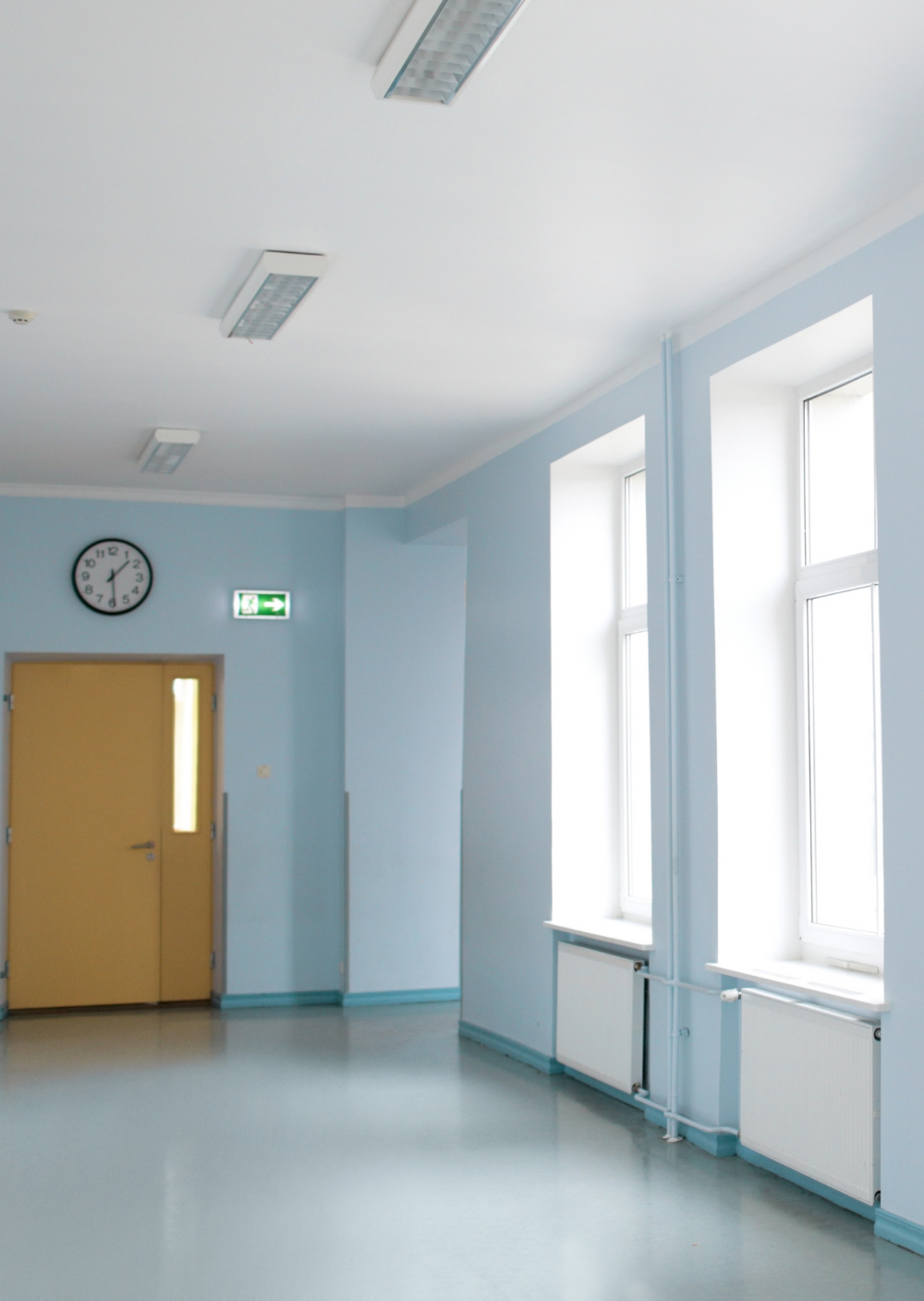
Request A Call Back
We will contact you within the next business day
Historical, Childhood & Institutional Abuse Claims
Children deserve to be protected, cared for and cherished. When a child’s rights are violated and their innocence ripped away by sexual abuse or serious physical abuse, it often has devastating and life-long impacts.
Those who have experienced this kind of abuse as children often suppress its effects for many years. However when it surfaces, it can lead to often debilitating physical or psychological pain and suffering. It can interfere with your education and career options. It can also lead to the need for costly and ongoing treatment.
For years, people who were victims of childhood sexual or serious physical abuse had nowhere to turn to seek restitution for the pain they had suffered. However, community expectations have changed.
As a consequence of the community’s outrage around the breach of duty of care to children, governments in Australia have removed the main barrier to seeking compensation.
If an organisation or government body breached their duty of care to protect the child, then the survivor of the abuse can pursue a lump sum damages claim for negligence.
While no amount of money can every truly compensate someone for the horror of their childhood abuse, a claim can provide a sum of money to reflect the impact the injury has had on your life.
Am I eligible?
You are eligible to make a claim for childhood sexual abuse or serious physical abuse if:
- You were under 18 years of age when the events happened;
- You were sexually abused or suffered serious physical abuse;
- An institution, school, organisation, government department, care provider or religious entity was responsible for your care and keeping you safe;
- They failed to keep you safe from abuse or allowed the abuse to occur;
- You have been impacted (which can include a psychological injury);
- The psychological injury caused you pain and suffering or other loss.

How Evolve Legal Can Help
Suffering the impact of your childhood sexual abuse and finding the courage and strength to speak about your story, sometimes for the first time, is distressing enough. Trying to find money to pay for lawyers to pursue your rights can also seem impossible for many people. But you are not alone.
We acknowledge that many injured people are concerned about the cost of seeking legal advice or engaging experts to prepare medical and legal reports. To improve access to justice, we offer a free initial consultation so you can understand your rights and options before making any decisions.
During this free initial consultation, we will listen to your story with care and respect and assess whether you may have a valid claim for compensation. You are under no pressure to proceed, and there is no cost to speak with us.
We are transparent about our fees and explain them clearly from the outset if you choose to move forward. Unlike some other law firms that act for survivors of abuse, we do not charge an additional uplift on our fees. What we charge is explained at the start of your claim, so there are no unexpected increases later.
How can we make a difference?
Telling stories is at the heart of what we do. We will take the time to get to know you and prepare your claim to ensure we accurately tell YOUR story. A good lawyer knows the law well, but a great lawyer will be able to convey the story behind the facts. Our training, systems and processes are specifically designed to develop your story and communicate it to the other side. We don’t just tell the other side the facts about what happened in a clinical fashion. We get them to know you – how the experiences has impacted your life – your work – your family – your hopes, dreams and aspirations. We help the other side get a better understanding of why they ought to assist you with a compensation payment. We want the other side to be engaged with your story and use techniques to encourage that engagement.
The Claims Process – How does it work?
1. TELL US YOUR STORY

The first step is to meet with us to tell us your story. We will calmly and compassionately assist you to record the details of your abuse. We acknowledge this is a tough step for you, but we help guide you through this process.
2. INVESTIGATE & GATHER EVIDENCE

We will then start gathering evidence to help you prove where and when you were located at the time of the abuse. This can include requesting records from government departments, schools, institutions or medical providers. We will also gather evidence to prove the impact the abuse had on your educational outcomes and your job prospects. If you have documentation or information that can help prove your case, we will work with you to identify and secure that evidence.
3. KEEP RECORDS & RECEIPTS

If you still have them, keep any records that show your connection to the abuse or the institution or location where the abuse occurred (e.g. photos, school records etc.).
Keep your receipts for treatment, medication, travel to treatment providers. Keep a record of time taken off work or jobs knocked back because of the injury. It is also helpful to keep a diary recording the impact the abuse had and continues to have on your life and your work. This can all be used to prove your loss when it comes time to negotiate a settlement.
4. SERVE NOTIFICATION OF THE CLAIM ON THE ORGANISATION OR BODY RESPONSIBLE FOR YOUR INJURY

We understand that the prospect of legal action can be daunting – survivors often wonder if they will need to appear in an open court and tell their story or be cross examined. This rarely occurs. In fact, most states allow for an out of court settlement. We will help guide you through the appropriate process for your claim.
5. GATHER EVIDENCE TO PROVE YOUR LOSS

Gather all other relevant documentation and evidence to prove your loss and the impact of the that the abuse experience has had on you.
6. MEDICO-LEGAL EXAMINATIONS

It is a necessary step that we arrange for an independent medical examination with a specialist who will provide expert opinion evidence about the impact the abuse experience has had on your life (both in the past and into the future). The specialists we use for cases such as yours are very experienced in abuse and trauma, so while the thought of speaking with a psychologist or psychiatrist may be confronting if you haven’t seen one in the past, rest assured you will be in the best of care.
7. NEGOTIATE A SETTLEMENT

Once all the supporting documentation and information has been gathered, negotiations commence with the relevant institution to settle your damages claim for a lump sum amount. This includes amounts for pain and suffering, treatment expenses (including future expenses), loss of income, future loss of earning capacity, future treatment and care costs.
Sometimes the negotiations are held as a mediation. If a satisfactory level of compensation is not achieved at an out-of-court mediation, the next step is to progress to the litigation phase. There is a possibility that the litigation phase will lead to a trial. However, very few matters get to a trial. But if it does, a court will assess a claim based on the evidence, expert reports and legal submissions.
Are there deadlines for bringing a claim?
In most states, the general deadline to file proceedings in court for a damages claim was 3 years from the date of the accident. However, this deadline has been removed for claims of childhood sexual abuse or serious physical abuse. This recognises that most survivors of childhood sexual abuse may take many years (sometimes almost a life-time) before they are able to emotionally address or confront the abuse they suffered.
However, it is important to get prompt legal advice to confirm whether any deadline exists in the state in which your claim should be brought.

FREQUENTLY ASKED QUESTIONS
What are damages?

A common law damages claim is designed to provide a sum of money to you to place you back in the position you should have been had the abuse experience not occurred. This can include sums for pain and suffering, loss of income or earning capacity, medical treatments and rehabilitation needs and domestic care needs.
How do we prove damages?

Part of our role as your solicitor, is to gather and present evidence that proves the impact the injury has had on you. At Evolve Legal, we focus on telling your story so that the respondent can best understand how the injury has affected you. During the claim we will be requesting information and documents from you and various other bodies. This could include your treatment providers, your employers, insurance companies, Medicare, Australian Tax office, Centrelink, Government departments (such as child safety) and any other body we think is relevant. We may also obtain statements from family, friends, co-workers to help paint the picture of your life with an injury. We also obtain expert reports from independent experts.
What if I accepted a smaller damages payment years ago?

Many States now have (or are introducing) new laws that may give you the right to pursue a claim even though you settled a claim for a small amount prior to the deadline being lifted. These types of settlements are typically referred to as ex-gratia; meaning that although you brought your claim before the law reform the respondent institution paid you a sum out of moral obligation. Therefore, don’t let the previous settlements stop you from exploring whether you have a further valid claim. We can review your case and advise on whether a further claim should be pursued. This is a complex area of law and we recommend you get legal advice if you have any concerns.
I’ve heard of the National Redress Scheme, is this how you will be making my claim?

No. We will assist you with making a civil law claim against the appropriate body responsible. The difference is the National Redress Scheme is a statutory claim process set up by the Government, which caps eligible compensation amounts payable to you at $150,000.
The approach we take with your claim is what we call a ‘common law’ claim, which enables us to pursue a significantly higher amount of damages for you. It’s simply a better outcome for you, which to us, is the most important thing.



